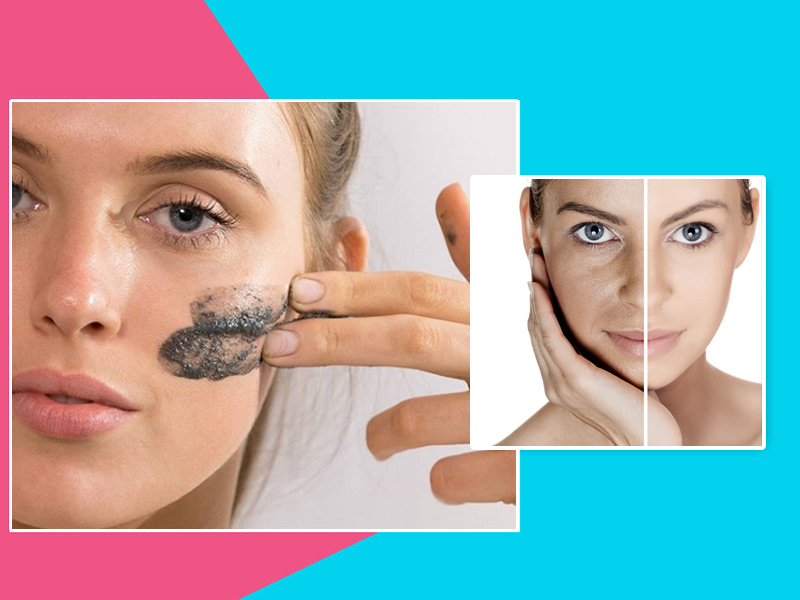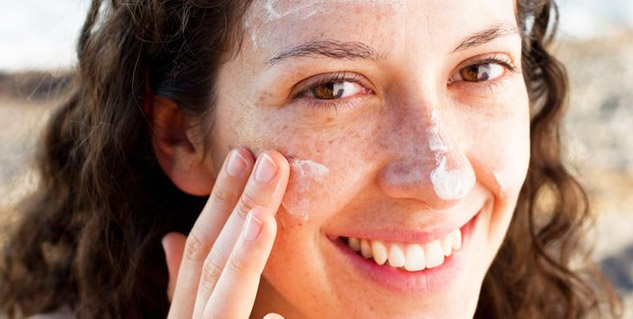
We all strive for healthy and beautiful skin but many conditions come between to block that path. Especially in times of summer, it makes it even worse with patches of skin becoming darker, having spots around the eyes, sunburn, tanning etc. It is also the time when people develop more acnes and skin infection. Hyperpigmentation is also one of the problems that is faced by almost everyone, especially the ones with darker skin tone. It can be a stubborn skin problem and can be even more irritating for people having acne-prone skin. Let us understand in detail about hyperpigmentation from skin expert Dr. K. Swaroop, Dermatologist in AIIMS Hospital, New Delhi.
Table of Content:-
What Is Hyperpigmentation?
It is a condition when the skin produces more melanin than normal which makes the skin darker. Melanin is the pigment which is responsible for skin colour; people with darker skin tone have more melanin in their body. Hyperpigmentation can make spots or patches in the skin which appear to be darker than your normal skin tone. It is a very common skin condition which we face in our daily lives; it is evident more towards the summer when the face is exposed to sun. Hyperpigmentation can also occur in arms and legs depending on the exposure.

Sometimes you must have noticed that when you get an injury your skin colour changes in that particular area, that is also a result of hyperpigmentation. It does not cause any harm to the body as such but can increase other skin problems such as acnes and skin infection which might be troublesome.
Why is Hyperpigmentation Caused?
Hyperpigmentation can be caused due to a number of reasons. But it can be classified into 3 main categories that are skin conditions, hormonal changes or sun exposure. Know how these conditions cause hyperpigmentation in skin.
1. Skin Conditions- In certain conditions hyperpigmentation is caused by a skin condition or infection. It can be symptoms of that condition which can cause brown or dark patches in the face, neck, chest and some other parts too. Conditions like acnes, eczema and psoriasis often cause hyper pigmentation and leave a scar behind.
2. Hormonal Changes- Hormone always plays a big role in changes in melanin synthesis. Hormonal changes can cause melanin to spike high which can bring the skin tone down and make those patches in that area. Apart from this, estrogens and progesterone can also increase the production of this substance and cause hyperpigmentation. This can be transferred through the genes and it can be possible that you are vulnerable to hyperpigmentation because of your genes.

3. Exposure of Sun- It is very common to be exposed in the sun in the summers and prolonged exposure causes hyperpigmentation. Hence is it always better to wear a sun scream to protect yourself from increased melanin production resulting to hyperpigmentation. Also it is not always about the weather, Hyperpigmentation can also happen in winters and other seasons.
Also Read- DIY Trending Beetroot Cheek Tint For A Natural Glow
Tips to Manage Hyperpigmentation
Since there are ample of people who experience hyper pigmentation at the time of summers due to skin damage, here are some points which prevent it.
1. Exfoliate to increase cell turnover
To prevent sun burns and later Hyperpigmentation you can exfoliate twice a week so that your dead skin is removed. This is increase the speed of healing and will shed the dead hyper pigmented skin cells. Chemical exfoliates go deeper inside the skin than the physical ones.

Physical exfoliates can also be harsh on the skin which can lead to inflammation on the skin. This can result to added pigmentation. Glycolic, salicylic and lactic acid are ideal for managing hyperpigmentation. They help in bringing the fresh skin cells up and reclogging the dark areas.
2. Protect from Inflammation
To protect your skin from inflammation you need to have vitamin E and resveratrol that can reduce inflammation in the skin. Inflammation can cause hyperpigmentation. Anti-inflammatory products are useful and effective as they carry proteins and increase the production of anti-inflammatory molecules in the skin.
Also Read- Is That A Boil Or A Pimple? Learn How To Identify Them
3. Sun Shield
You must have some kind of shield on your skin to protect it from exposure. Exposure of skin is very common in the summers hence use sun screams that can protect you from UV rays and inflammation. In this case you can wear SPF daily and reapply in every two hours if you are out for longer duration. Sun scream is also essential if you want to prevent your skin from hyperpigmentation in future.

4. Skin-brightening products
Hyperpigmentation disturbs the production and balance of melanin in the skin. It can be prevented by using some creams that have the following ingredients-
- Alpha arbutin
- Azelaic acid
- Vitamin C
- Locorice root
- Retinol
- Kojic acid
However all these brightening creams can be used as a temporary solution. It only affects the production of melanin for some time and balances your skin tone. Make sure you do not use these in excessive quantity. Brightening creams however do not change the natural skin tone.
Read More Articles on Skincare
Also watch this video
Read Next
6 Amazing Monsoon Skin Care Tips
How we keep this article up to date:
We work with experts and keep a close eye on the latest in health and wellness. Whenever there is a new research or helpful information, we update our articles with accurate and useful advice.
Current Version
